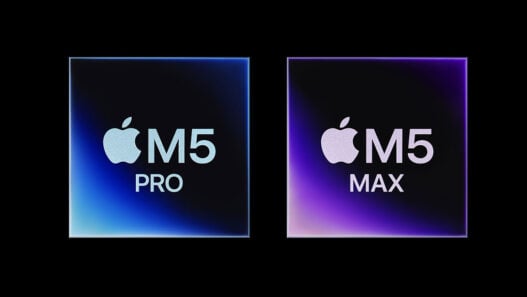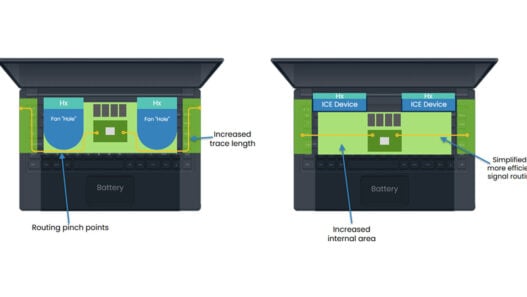Enhancements to the Synplify DSP software include M-Control support, vector library support and additional communications blocks that facilitate the design of advanced applications in wireless communications, radar, and digital multimedia processing. In addition to these unique features that speed algorithm design, the Synplify DSP tool’s unique DSP synthesis methodology enables design portability across various device technologies while achieving optimal performance, enabling users to easily map DSP algorithms into their hardware platform of choice.
“The Synplify DSP software has gained a significant amount of traction within the DSP design community, which we attribute to the tool’s vast improvement in implementing complex DSP algorithms into hardware,” said John Gallagher, director outbound marketing at Synplicity. “Through significant additions made to the latest version, designers can rapidly create
vector-based, technology-independent DSP models, and then quickly create optimized implementations with our DSP synthesis engine. With the Synplify DSP software, system designers will be able to concentrate their efforts on algorithm behavior and verification, and be assured the implementation in
RTL is accurate and optimal for any target technology.”
The latest version of the Synplify DSP software features M-Control support, offering a concise description of control and state machine functions using M language. Using M language to describe complex branching and case statement functionality, design engineers can now choose the most concise
form of expressing their algorithms. M-Control has been fully integrated into the Synplify DSP library and The MathWorks’ Simulink® environment by supporting data type and sample rate inheritance and propagation. M-Control also features inline debugging for supporting breakpoints and stepping into
the M code. These features greatly simplify the specification and verification of control functionality that is often integrated into DSP algorithms.
Included in the Synplify DSP software are updates to its communications library, consisting of a high-level DSP synthesis library, a comprehensive filtering, math and communications library, and vector library support. Through these updates, users can rapidly describe, verify and implement
complex wireless algorithms (such as WiMAX, 802.11 a/b/g/n and DVB standards) into hardware devices. Vector support results in math and communications algorithms that are much easier to describe and simulate. In addition, vector support dramatically reduces the effort needed to create
multi-channel wireless algorithms and multi-antenna algorithms such as MIMO,
video, radar and security applications. Additional Technology Support







